Section 4
The Jackson Administration
By Boundless
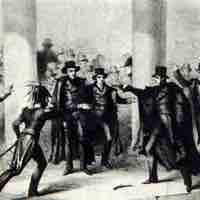
Andrew Jackson's presidency was a highly controversial period characterized by Jacksonian democracy and the rise of the common man.
The modern Democratic Party arose in the 1830s out of factions from the largely disbanded Democratic-Republican Party.
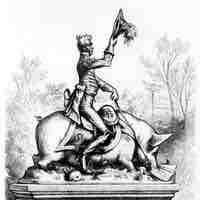
While the spoils system of awarding government jobs to political supporters had existed for a long time, it was greatly popularized under Andrew Jackson.
The Tariff of 1828 highlighted economic conflicts of interest between the Northern and Southern states that eventually led to the Nullification Crisis of 1832.
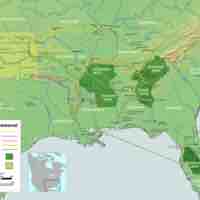
The Indian Removal Act of 1830 set the stage for the forced relocation of American Indians from the east to the west.
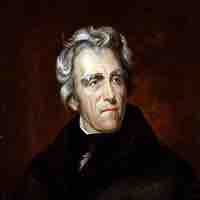
The movement toward white male suffrage was expanded during Jackson's presidency before the American Civil War.
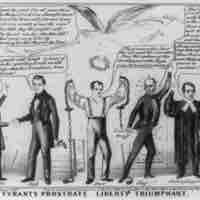
The Dorr Rebellion in Rhode Island was an uprising of men who wanted to see greater, faster expansion of white male suffrage.